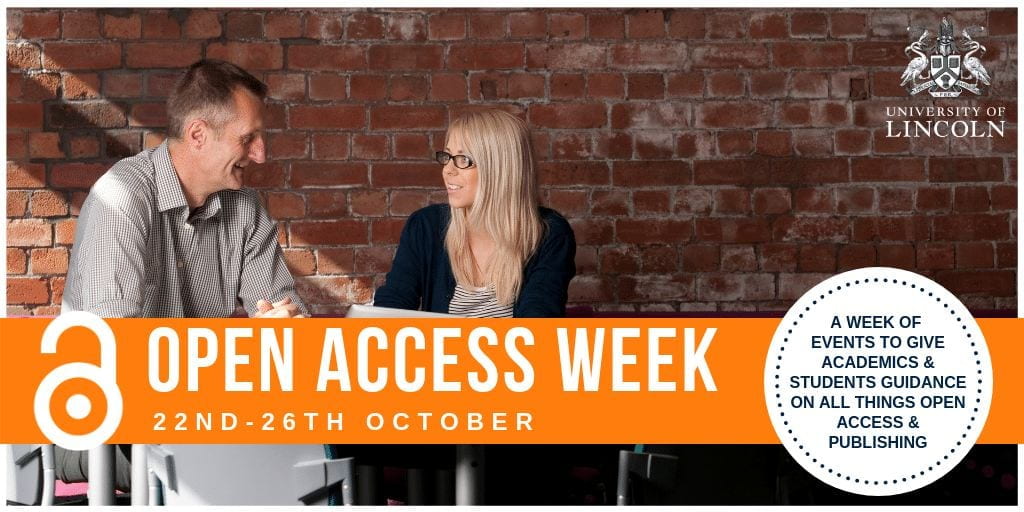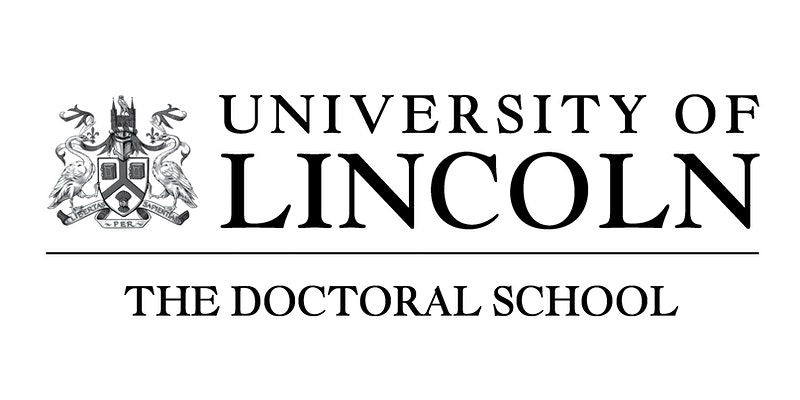
Writing your First Academic Paper
Tuesday 23 October, 1.30 – 4.30pm
About the Workshop
| Benefits |
- see how the quality of academic publications is controlled
- choose an appropriate journal and style for a paper
- spproach writing the different sections of a paper, and the order in which to write them
- incorporate reviewers’ comments in a peer-reviewed paper
- gain a set of strategies for overcoming common barriers to writing
Request Online Recording
Please select a valid form
About the Workshop
Request Online Recording
Please select a valid form
Publish or Perish: Academic Publishing in a Nutshell
Wednesday 24 October, 09:30 – 12:30
About the Workshop
Request Online Recording
Please select a valid form
Getting Your First Article Published
Thursday 25 October, 09:30 – 12:30
About the Workshop
Request Online Recording
Please select a valid form
Preparing to Publish: A Writing Workshop for All
Thursday 25 October, 13:00 – 16:00
About the Workshop
Request Online Recording
Please select a valid form

About the Seminar
Request Online Recording
Please select a valid form








